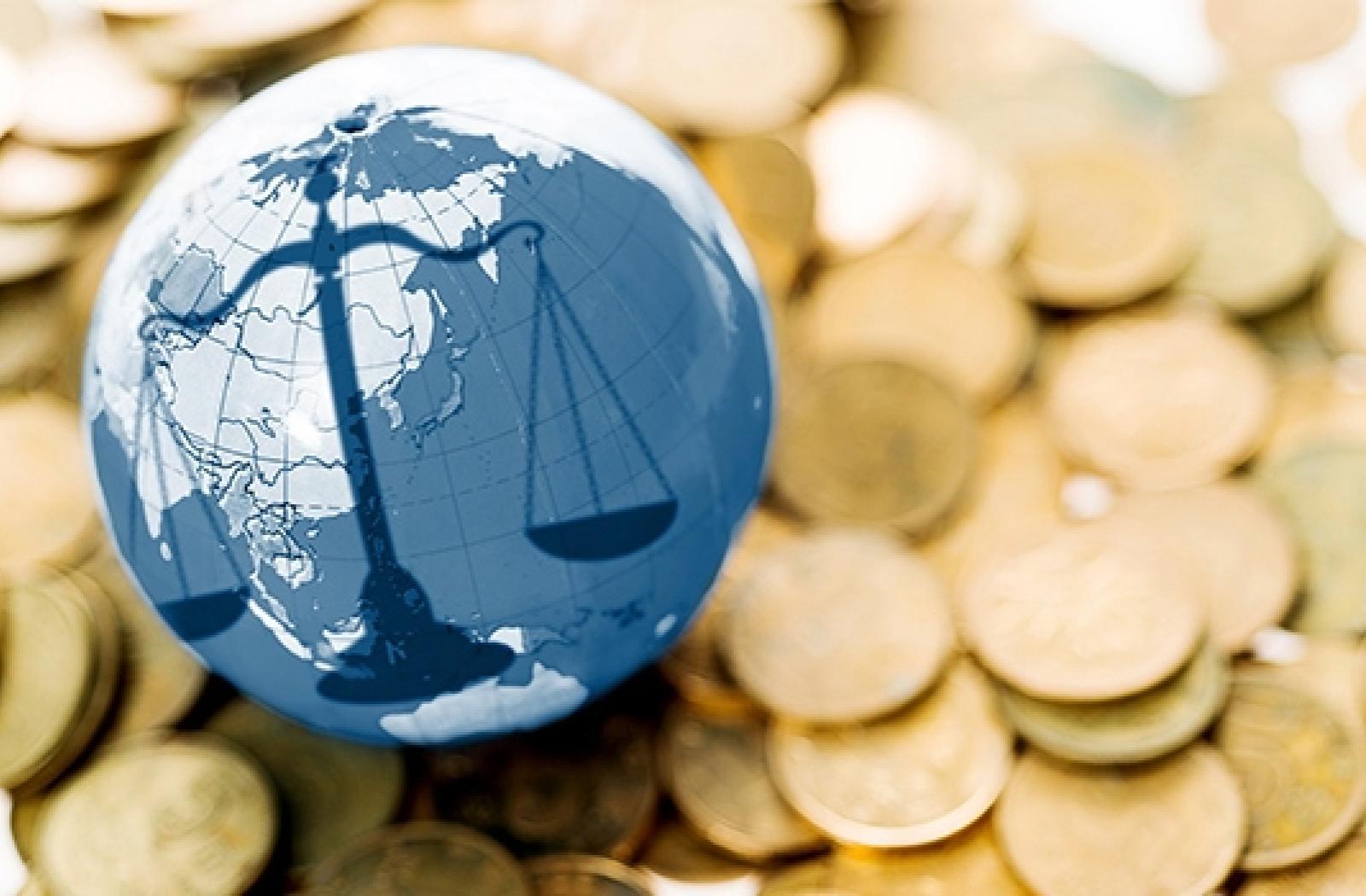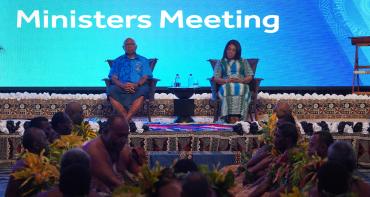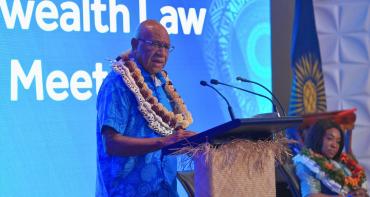Tackling corruption has to be a priority of the highest order if we are earnest about achieving the Sustainable Development Goals (SDGs). As the world marks International Anti-Corruption Day - a day set aside to raise public awareness of anti-corruption actions - the International Monetary Fund estimates bribery costs the global economy roughly 1.5 to 2 trillion dollars a year.

Tackling corruption has to be a priority of the highest order if we are earnest about achieving the Sustainable Development Goals (SDGs).
As the world marks International Anti-Corruption Day - a day set aside to raise public awareness of anti-corruption actions - the International Monetary Fund estimates bribery costs the global economy roughly 1.5 to 2 trillion dollars a year.
Reducing corruption has the potential to reduce poverty, improve economic stability and raise living standards.
That is why SDG 16 incorporates specific targets relating to reducing corruption, bribery, and illicit financial flows.
The IMF has made it clear that the success of all other SDGs depends on getting to grips with the corrosive cancer of corruption.
The Commonwealth has been active in providing practical technical assistance and development support to national anti-corruption agencies to build their effectiveness in dealing with corruption – an initiative which has achieved global recognition, notably as a recipient of the 2018 International Anti-Corruption Excellence Award.
In the Commonwealth’s anti-corruption work, we employ a three-pronged approach, which involves research, capacity-building and networking.
This is being delivered through a strategy of establishing regional anti-corruption agency networks and training centres, and facilitating closer cooperation and learning towards attaining SDG 16.
The networks promote collaboration and the exchange of best practice and practitioners among member countries.
A good example would be the Office of the Contractor General of Jamaica offering capacity-building support to the Grenada Integrity Commission on procurement procedures, monitoring and investigation of government contracts.
Another is Grenada providing training centre facilities for the Commonwealth to deliver key capacity-building programmes for institutions in the region.
Institutions have been strengthened as a result of the collaboration our network has encouraged and facilitated.
For example: Transparency International’s Corruption Perception Indices shows that of the 10 least corrupt countries in Africa, eight are members of the Commonwealth and 18 out of the 19 Commonwealth member states in Africa have a better score than they did five years ago.
In the Caribbean region, Commonwealth countries are also perceived as less corrupt than non-Commonwealth countries, with respective Corruption Perception Index scores for those groupings in 2017 of 53 and 32 respectively.
World Bank Control of Corruption data confirms this finding, with 2016 scores of 0.43 for Caribbean Commonwealth countries against 0.32 for Caribbean non-Commonwealth countries.
Two years ago, we hosted the ‘Tackling Corruption Together Conference’ at Commonwealth headquarters, on the eve of the Anti-Corruption Summit in London, at which governments committed to co-operate on more co-ordinated responses to corruption.
In support of this, the Commonwealth has recently completed a detailed study of anti-corruption standards in member countries.
This provides baseline data to guide the Commonwealth Office of Criminal and Civil Justice Reform in its work of assisting member countries with legislative and regulatory reforms.
As a result of collaboration with partners, the Royal Institute of Chartered Surveyors, the British Standards Institute, and the Global Infrastructure Anti-Corruption Centre, we are now able to present a draft of the Commonwealth Anti-Corruption Benchmarks.
Building on this, the Commonwealth also convened a meeting of experts to review the benchmarks package, which consists of a set of 22 benchmarks covering topics ranging from sanctions for corruption offences to investigating and prosecuting authorities, and from political lobbying to disclosure of asset ownership.
Each benchmark is defined by a principle stated at a high level, and contains detailed guidance for meeting the level of achievement set by that principle.
The benchmarks are designed to express our aspirational commitment to governance systems that create optimal conditions for resisting and rooting out corruption in both the public and the private sectors.
The benchmarks will be considered by Commonwealth Heads of Government when they meet next year in Rwanda, and from there, our aspiration is for a practical application throughout the Commonwealth.
As we observe the UN International Anti-Corruption Day, let us continue to take a stand against corruption in achieving greater prosperity and resilience.



